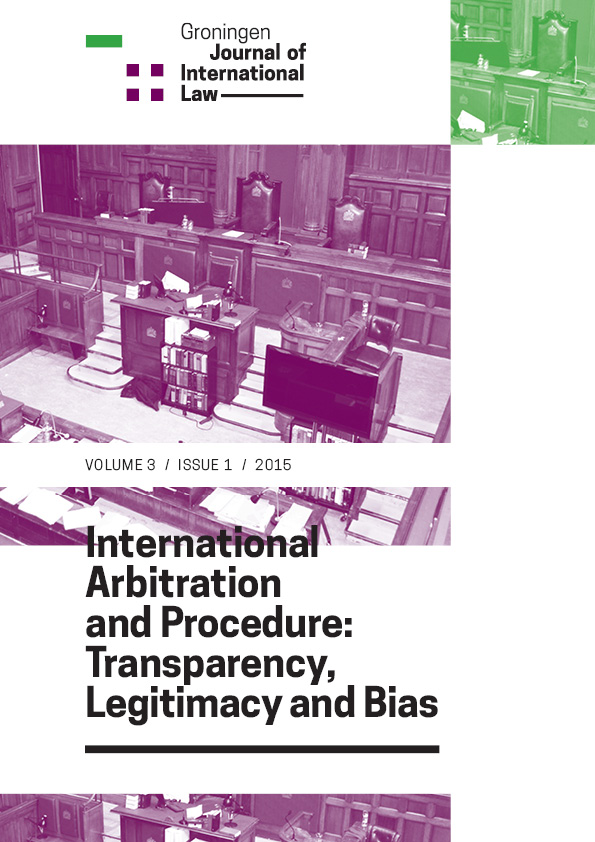Evidentiary Rules in International Arbitration – A Comparative Analysis of Approaches and the Need for Regulation
DOI:
https://doi.org/10.21827/5a86a88ce5eddKeywords:
INTERNATIONAL COMMERCIAL ARBITRATION, TAKING OF EVIDENCE, PROCEDURAL RULES, COMMON LAW, CIVIL LAW, LEGAL CULTURESAbstract
The article discusses the procedure of taking evidence in international commercial arbitration from the perspective of balancing different legal cultures and values. It analyses the results of the existing evidentiary rules and attempts to harmonise the procedure, and their sufficiency in terms of securing the interests, expectations and rights of the parties involved in the international arbitration. The actual outcome must be estimated taking into consideration the balancing of the relationships and the differences between legal cultures, fairness and flexibility. In the first instance the author analyses each of the legal systems, civil law and common law, in order to compare the differences and similarities in terms of the procedure, especially in relation to evidentiary issues. A further step involves the analysis of the need for harmonised rules of procedure and in particular evidentiary rules in international arbitration and the factors in the determination and application of the rules, with a focus on the role of the tribunal’s discretion, the parties’ autonomy, as well as the impact of cultural background. Furthermore, the International Bar Association (IBA) Rules on Taking of Evidence in International Arbitration are analysed in terms of their completeness in such areas as admissibility and assessment of evidence, which permits the comprehension of the strengths and weaknesses of the IBA Rules and the need for the introduction of further rules. Finally, conclusions follow as to the proper way of balancing the competing values and approaches and the need for the application of new solutions in terms of taking of evidence in order to achieve the desired outcome in arbitral proceedings.Published
Issue
Section
Open Access Creative Commons


